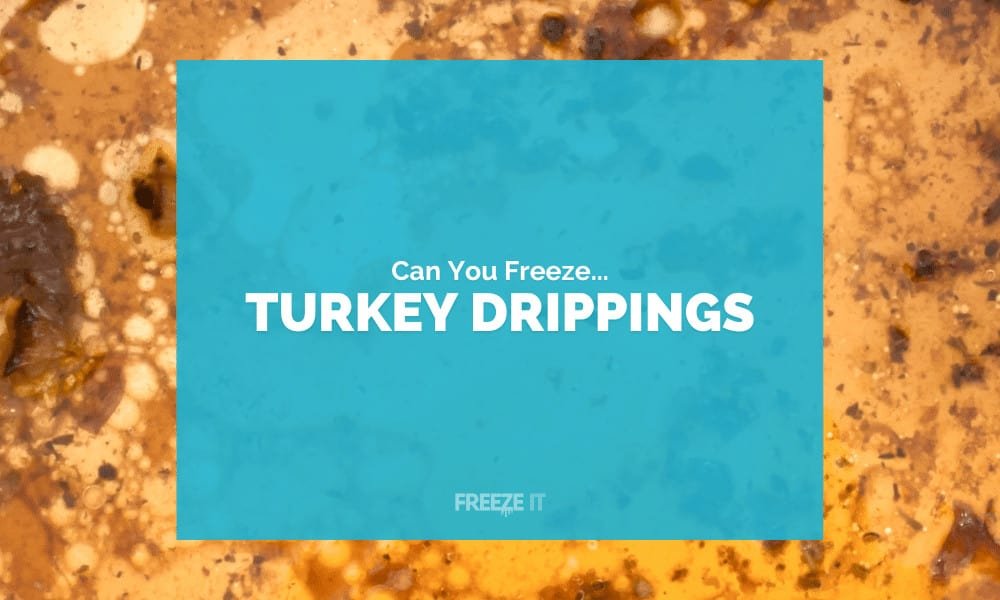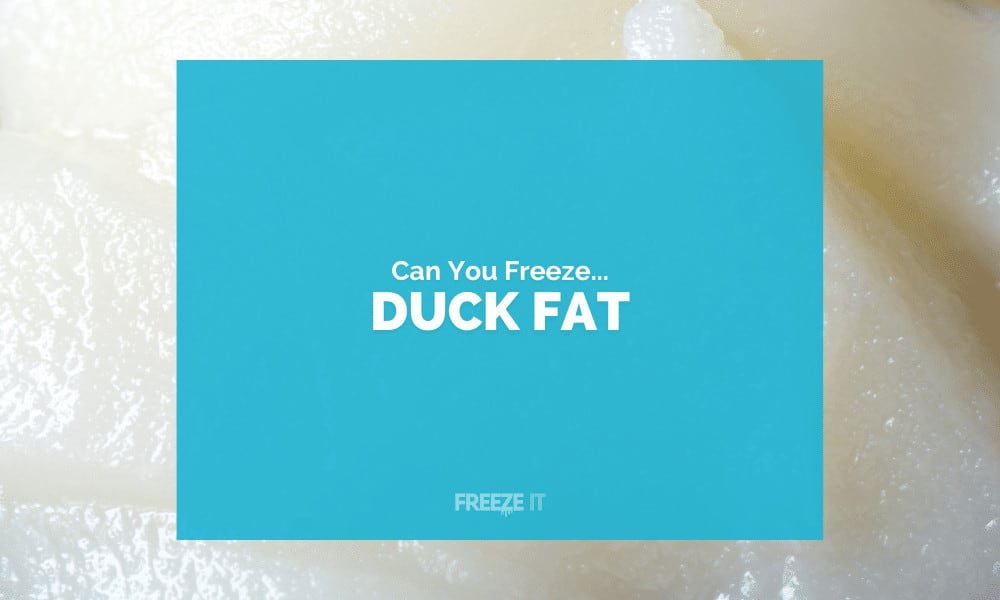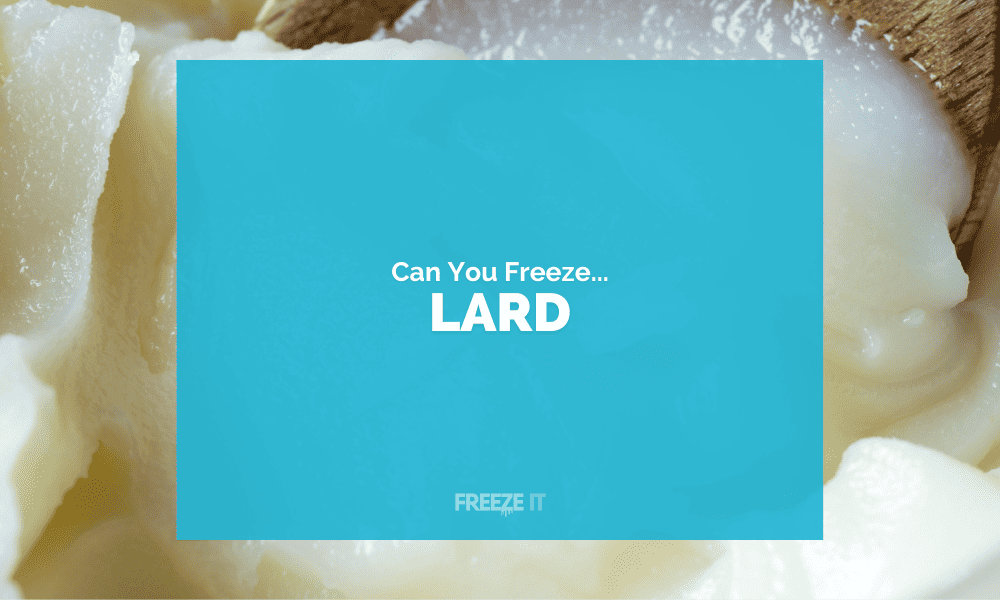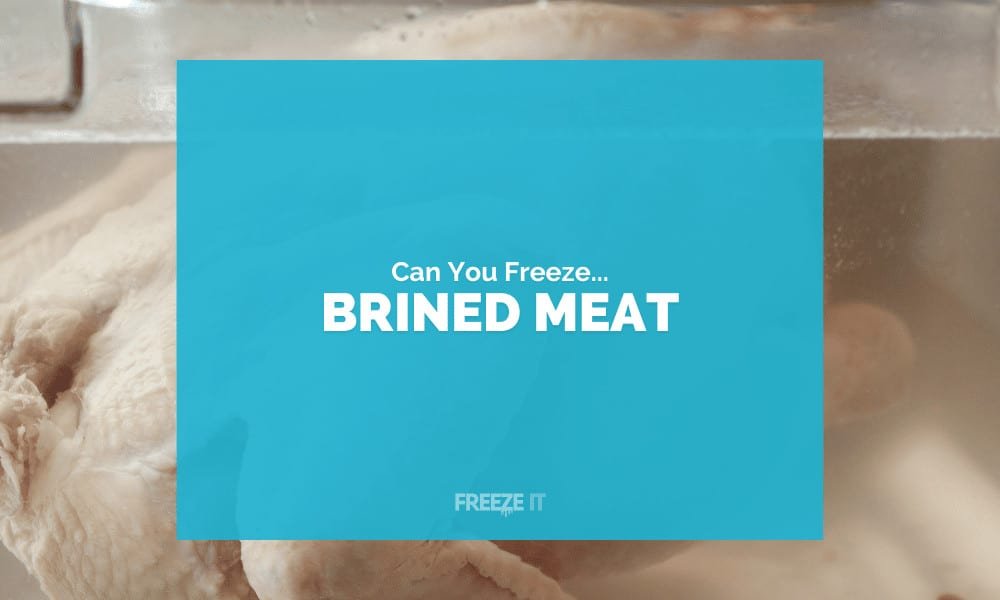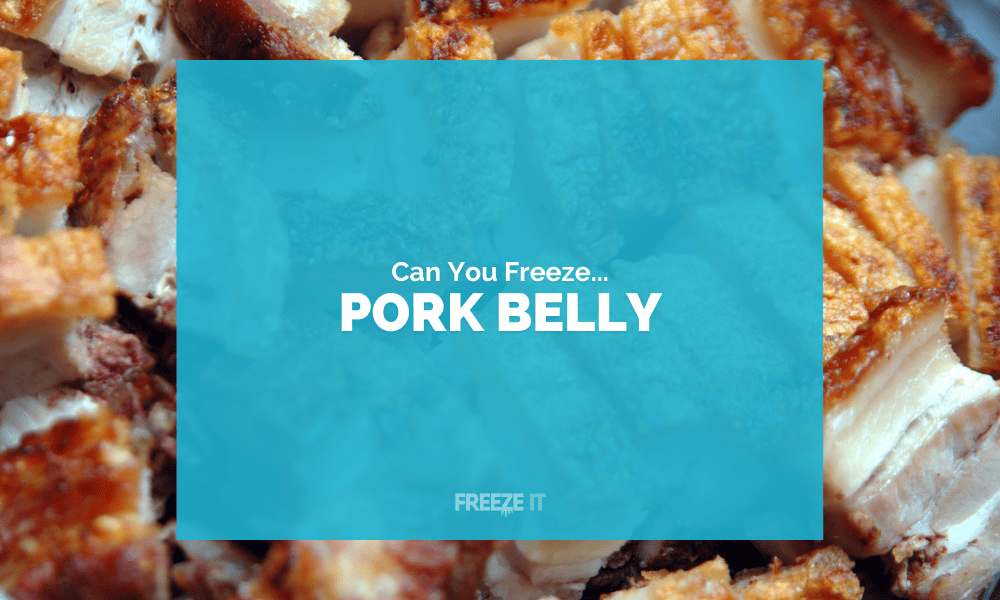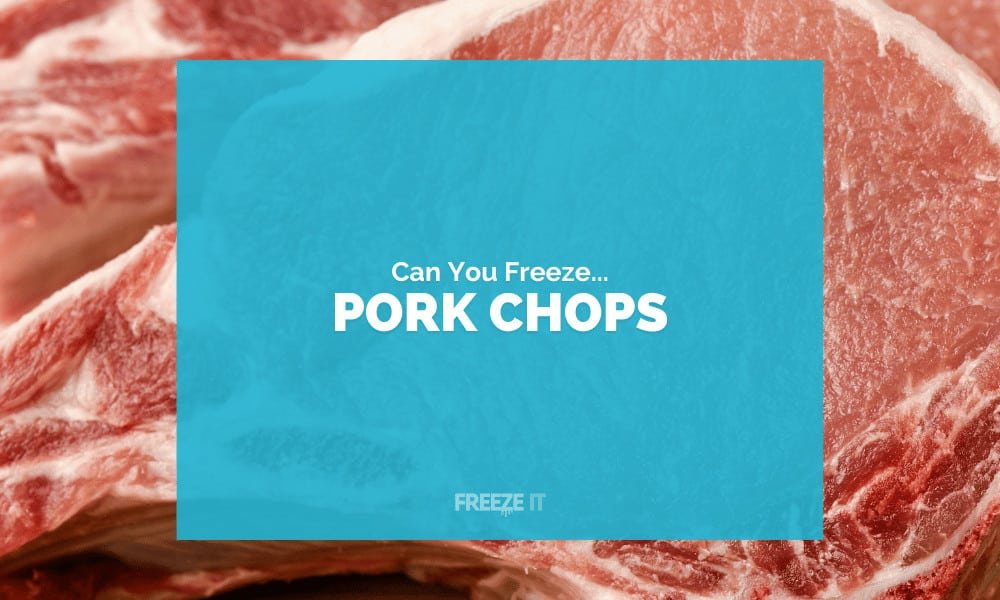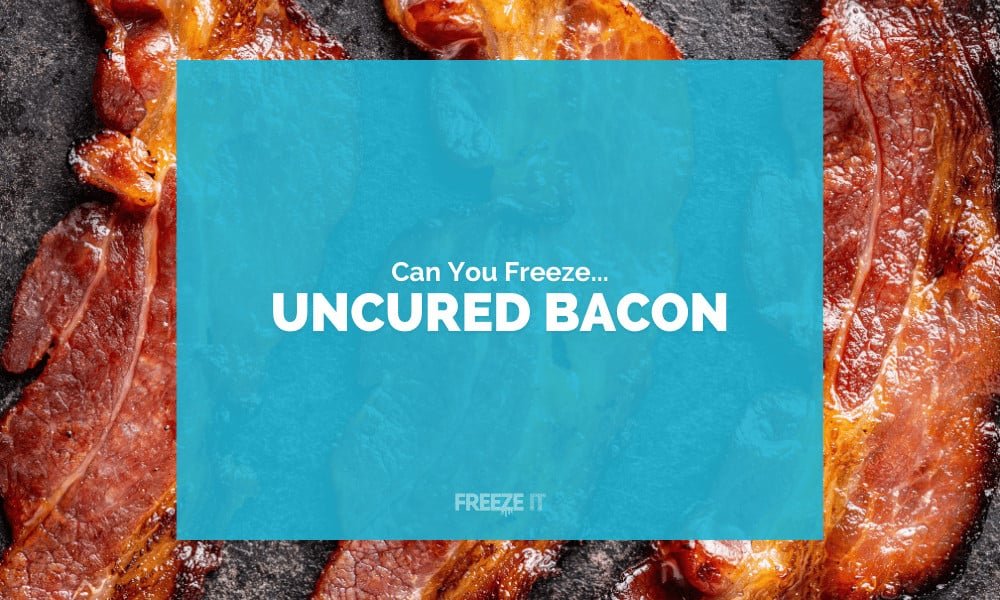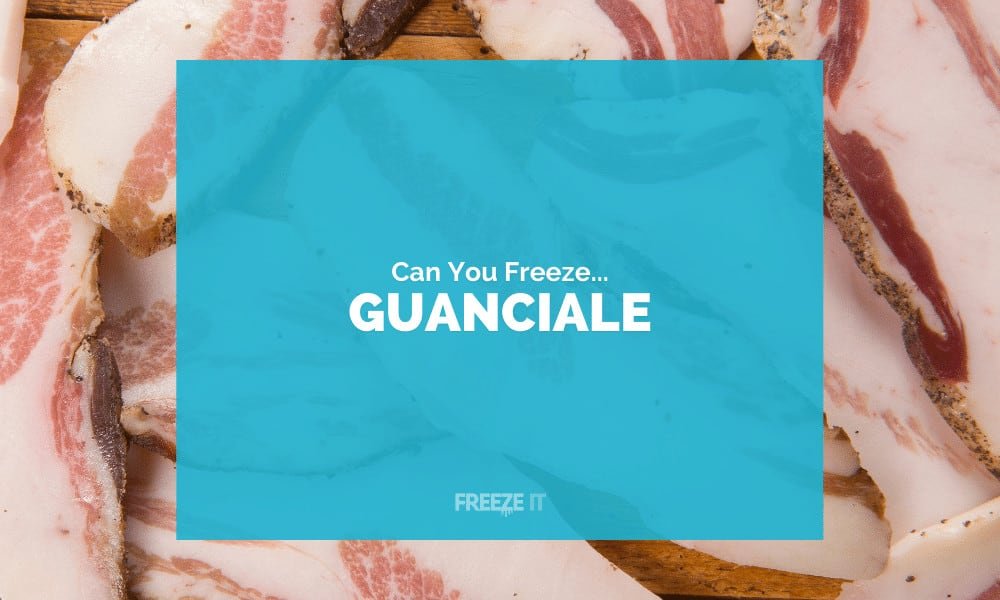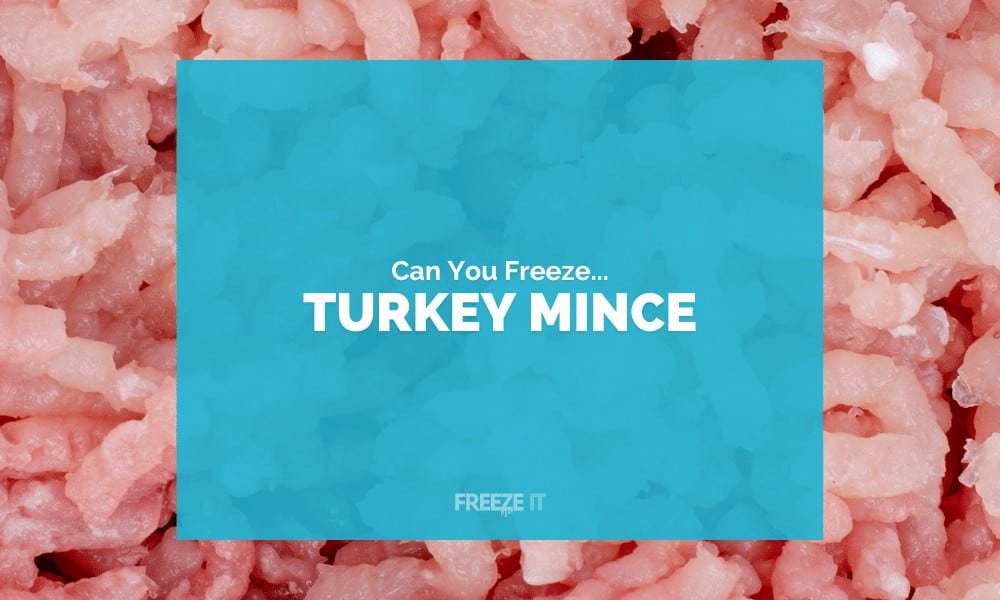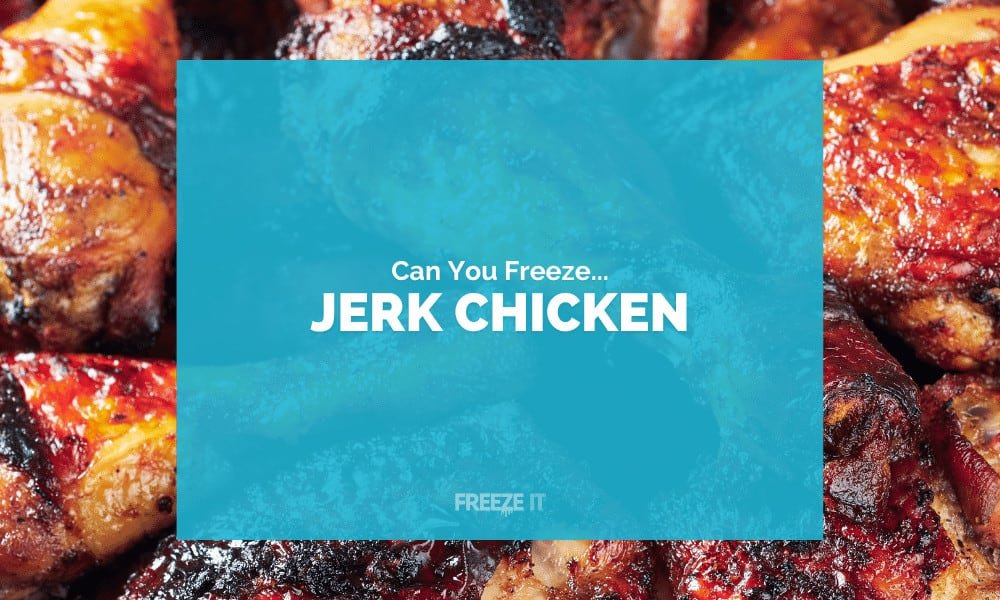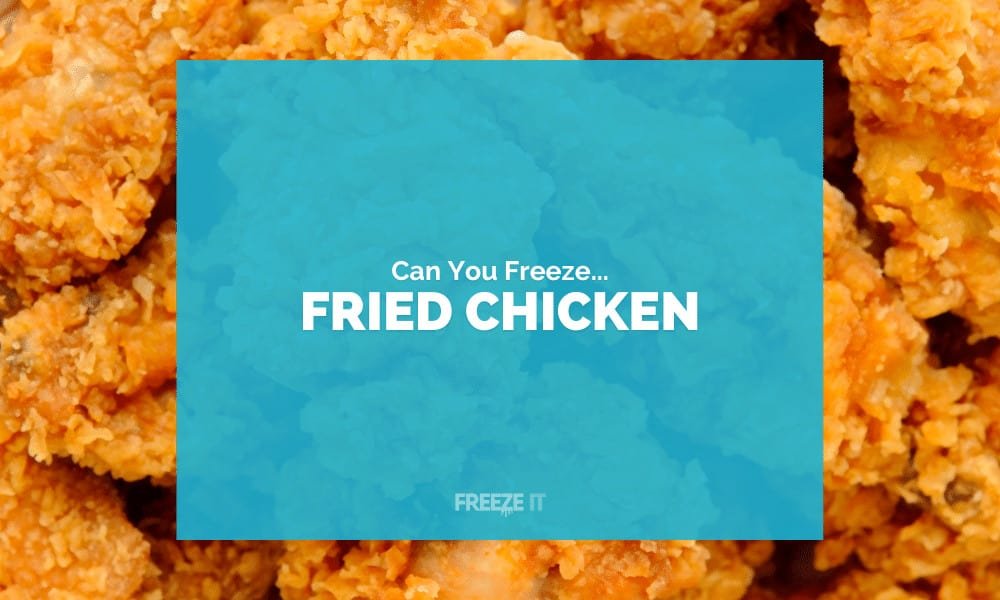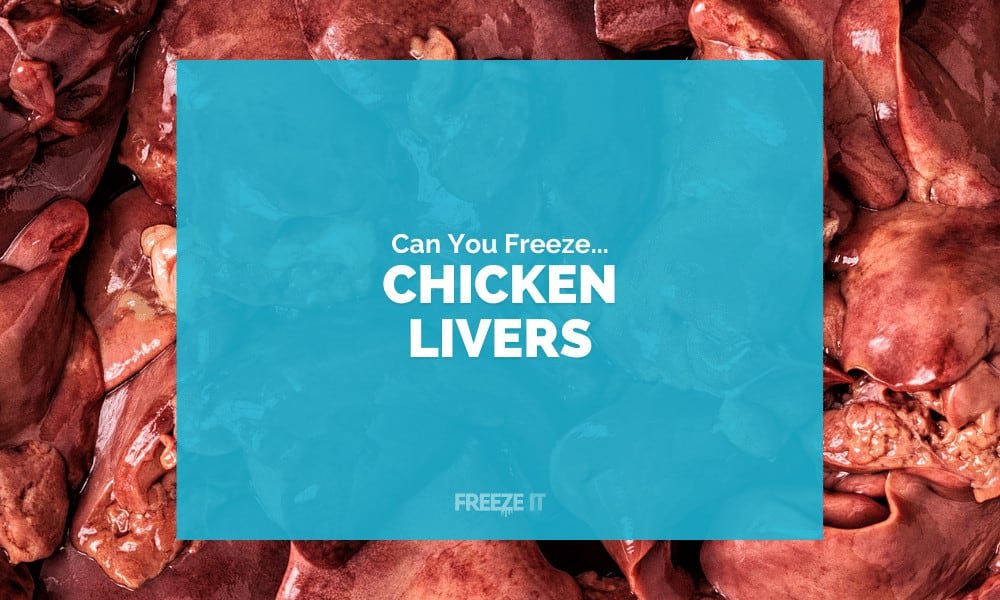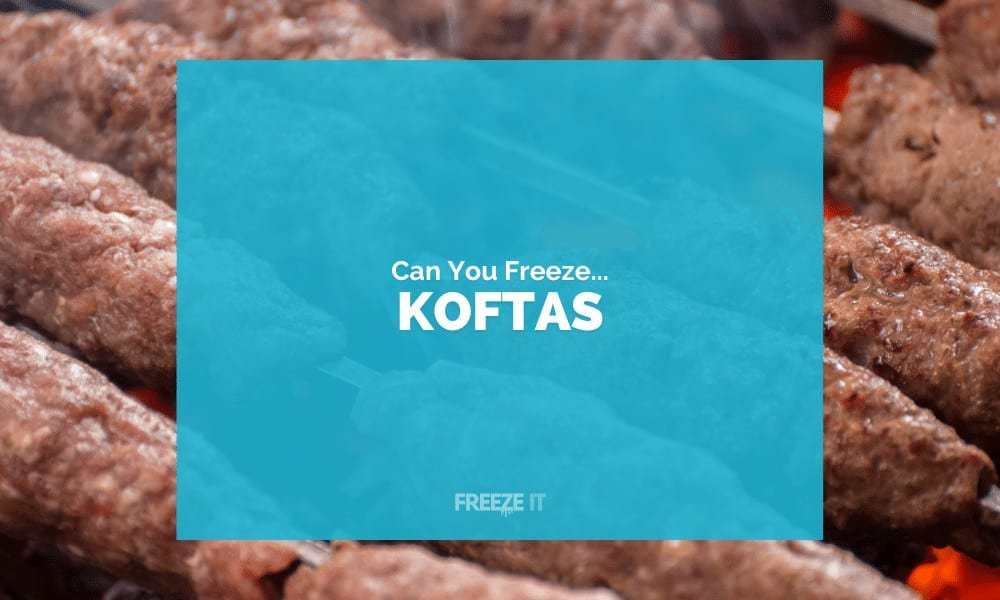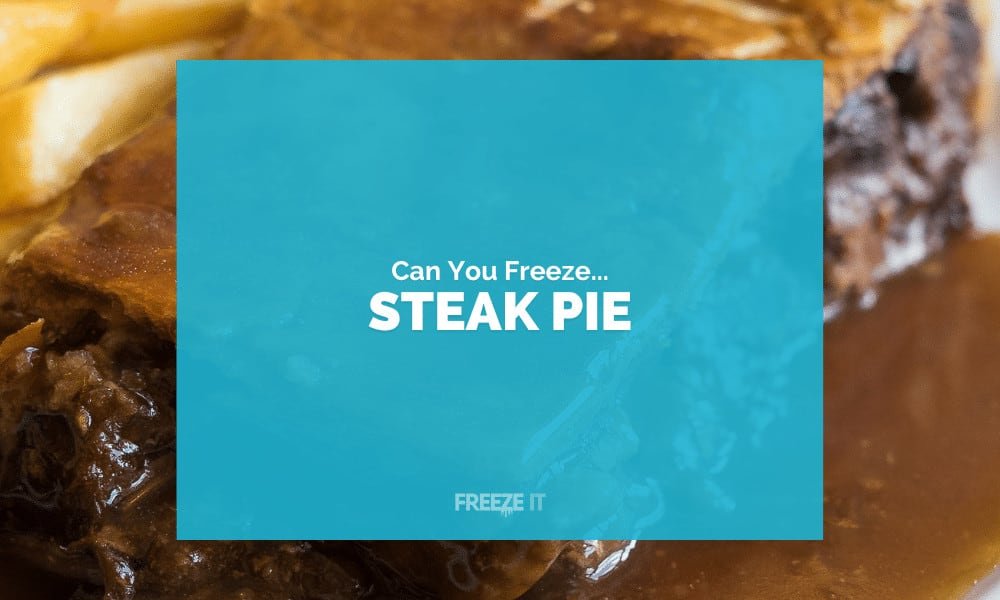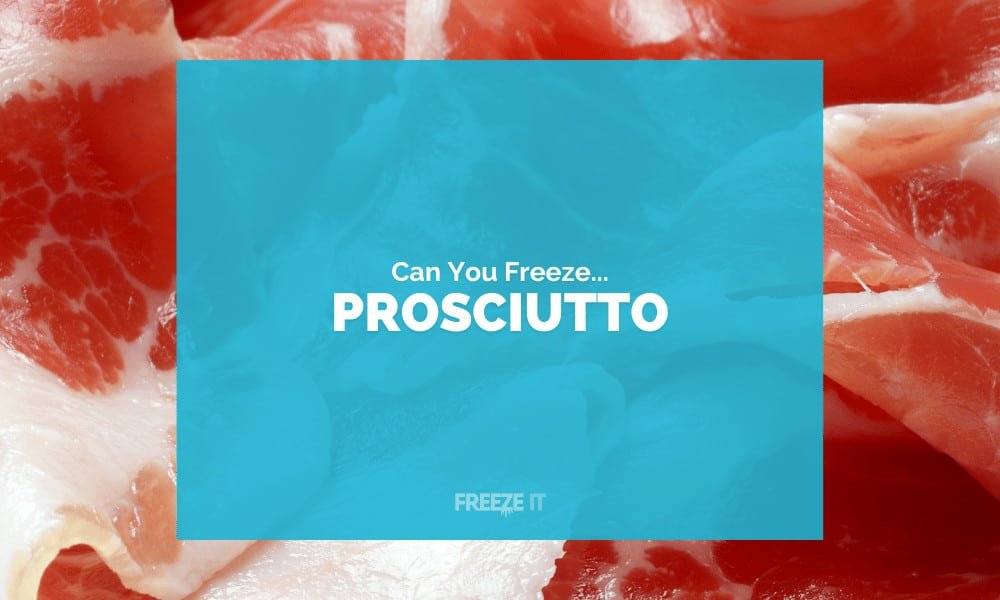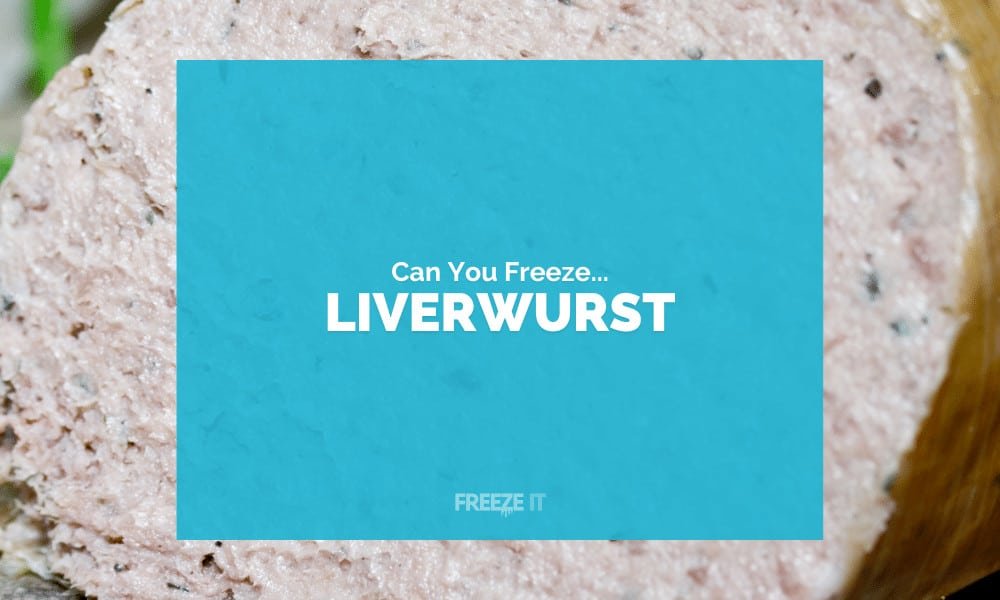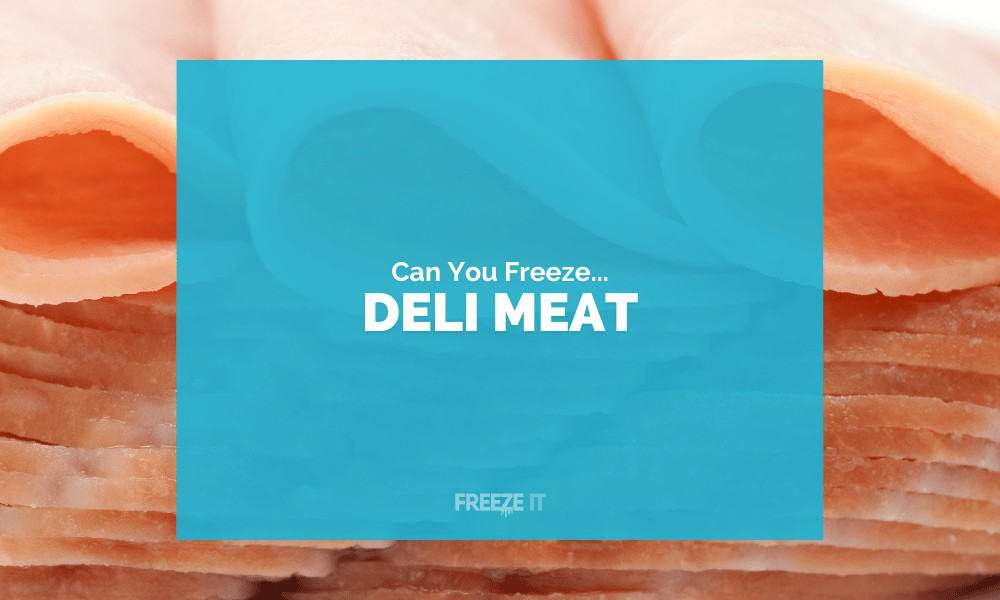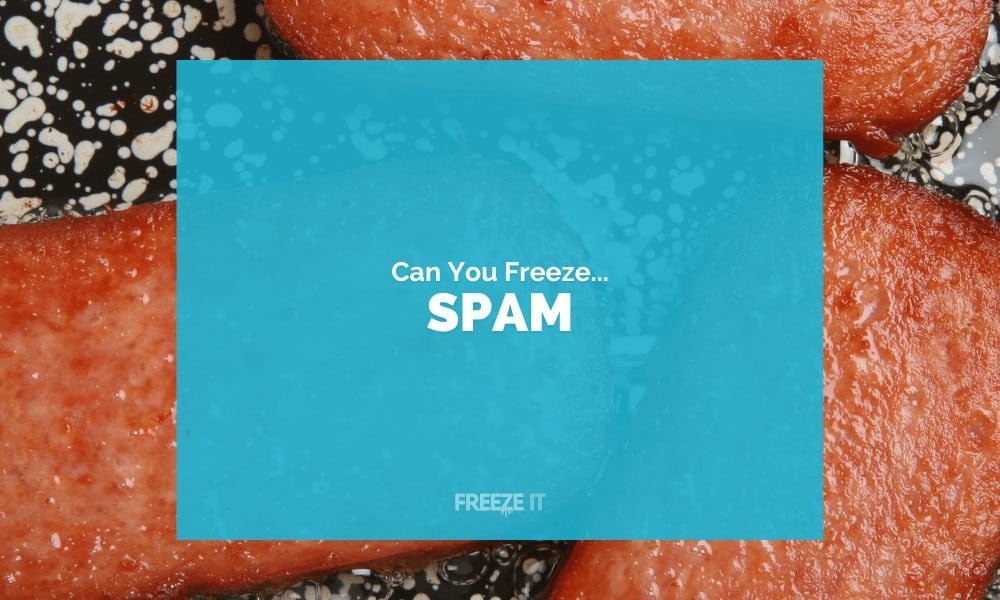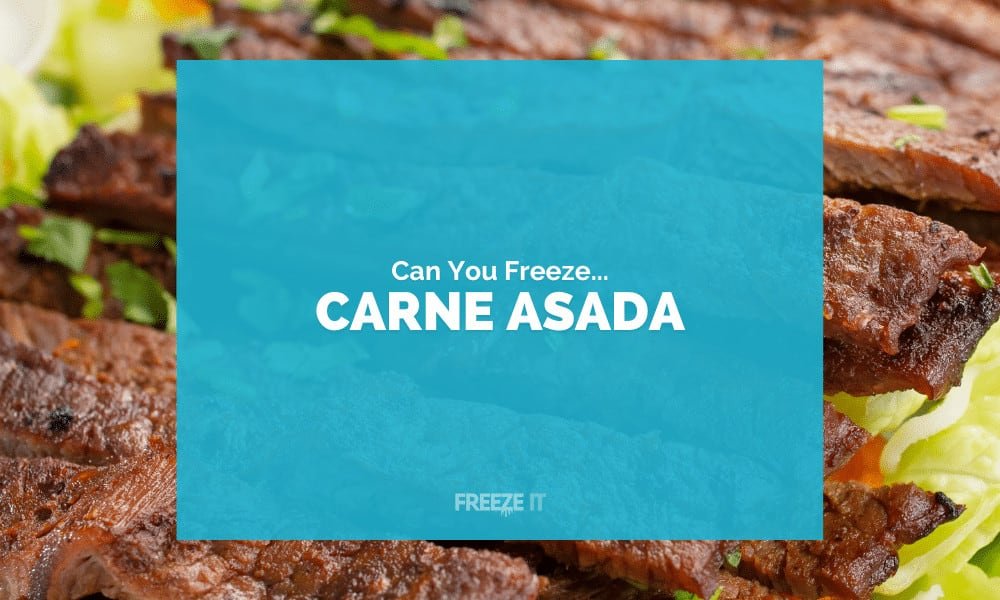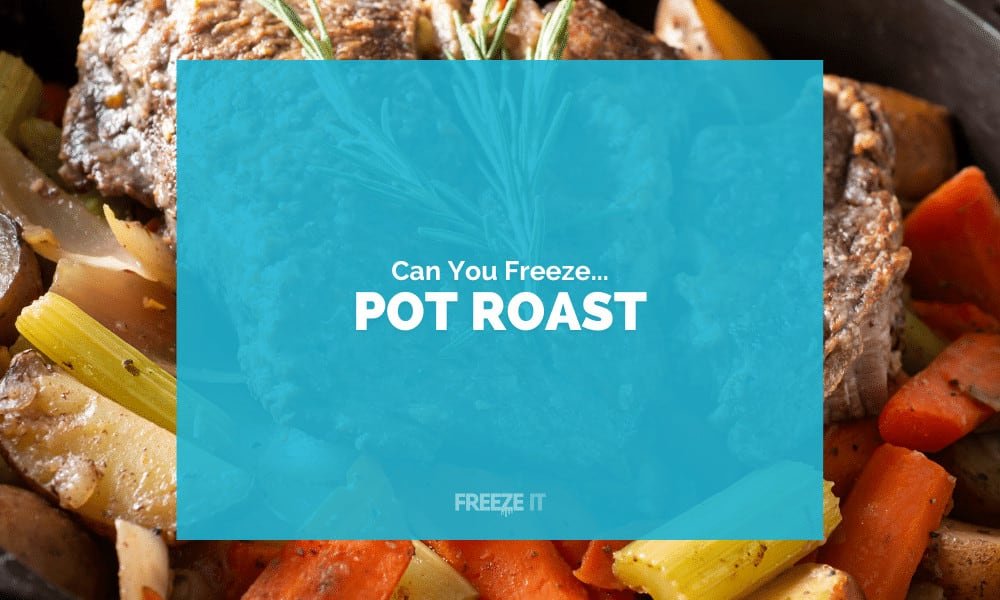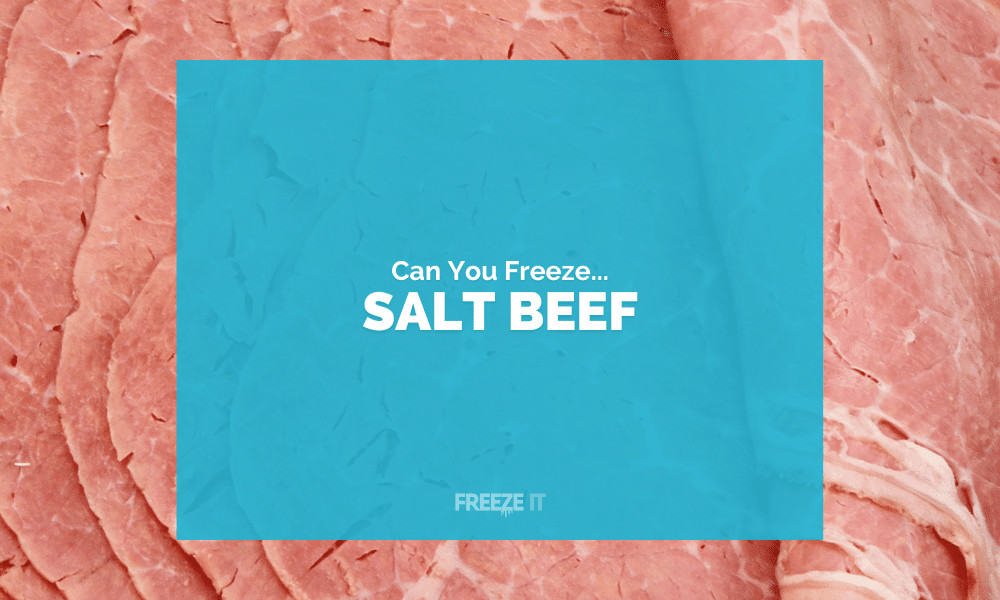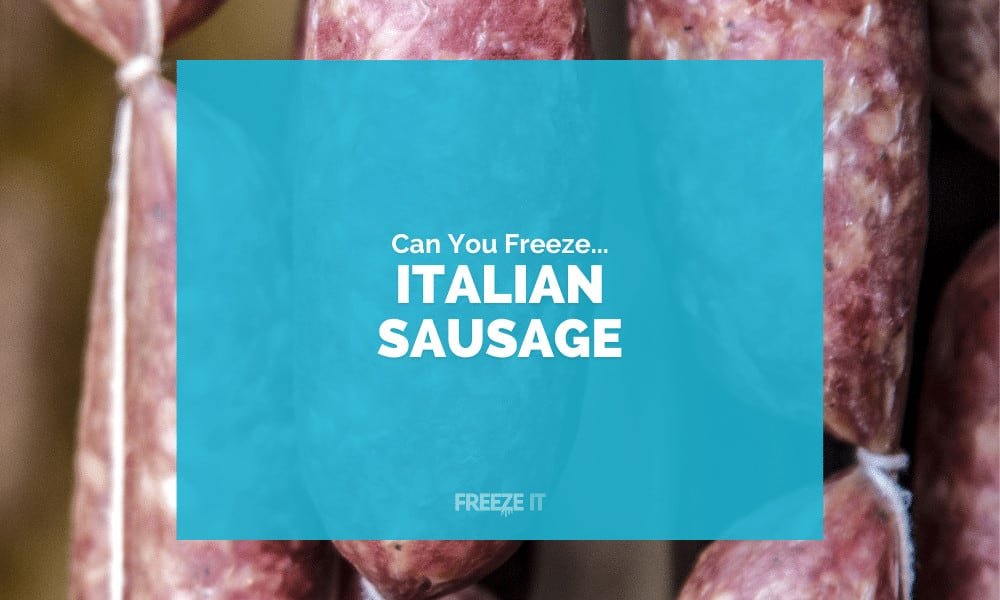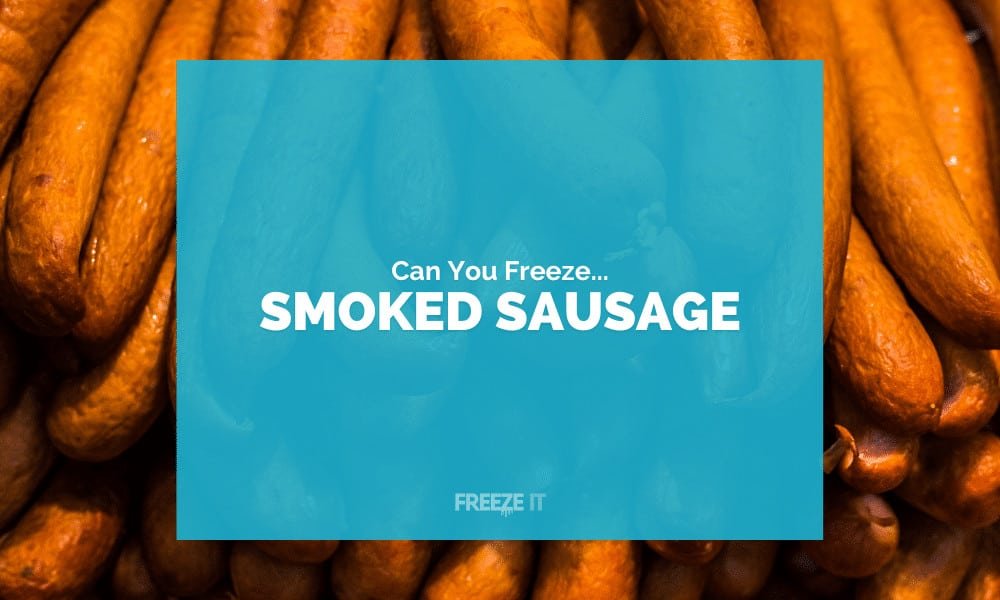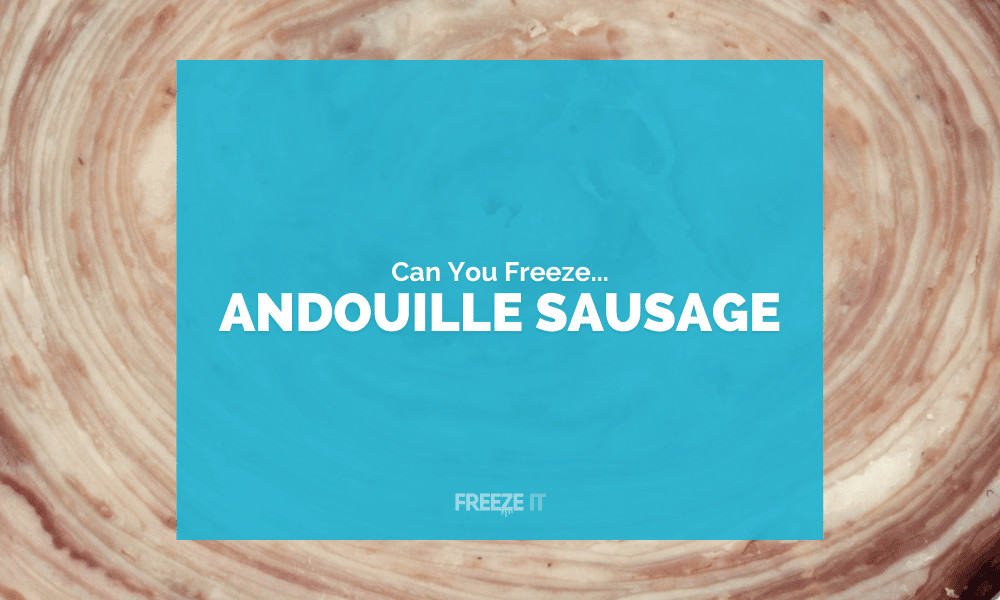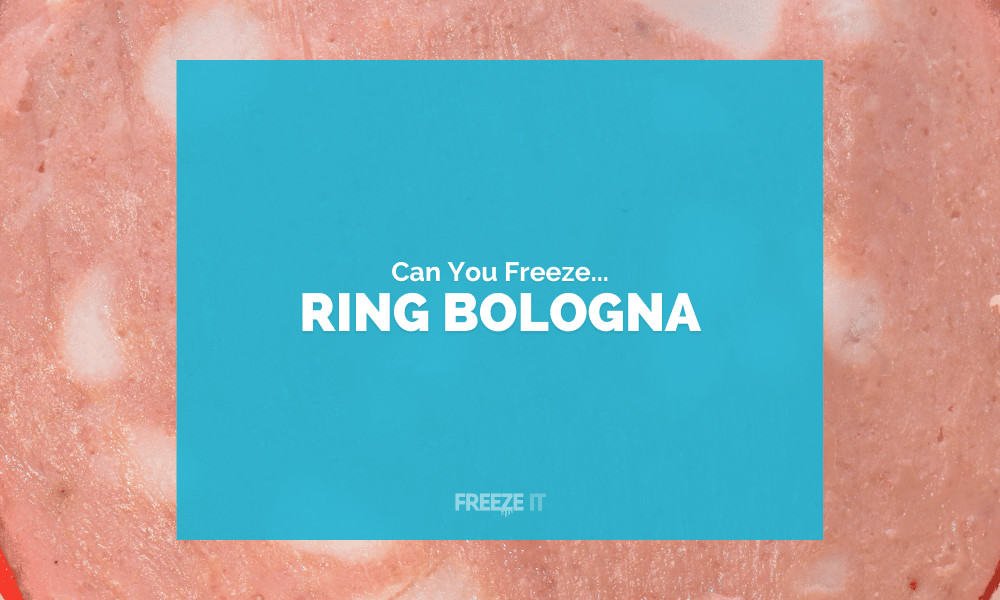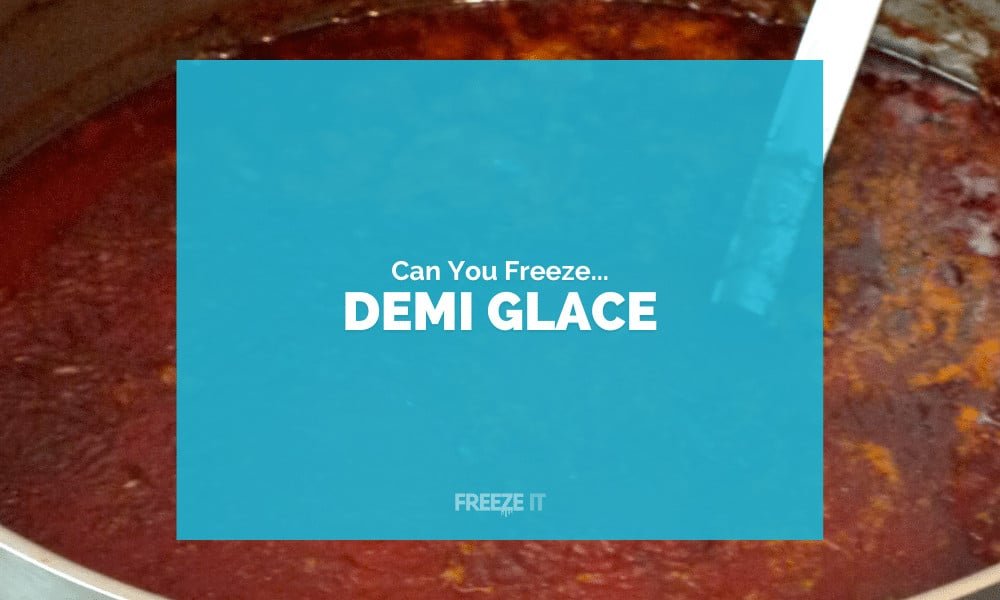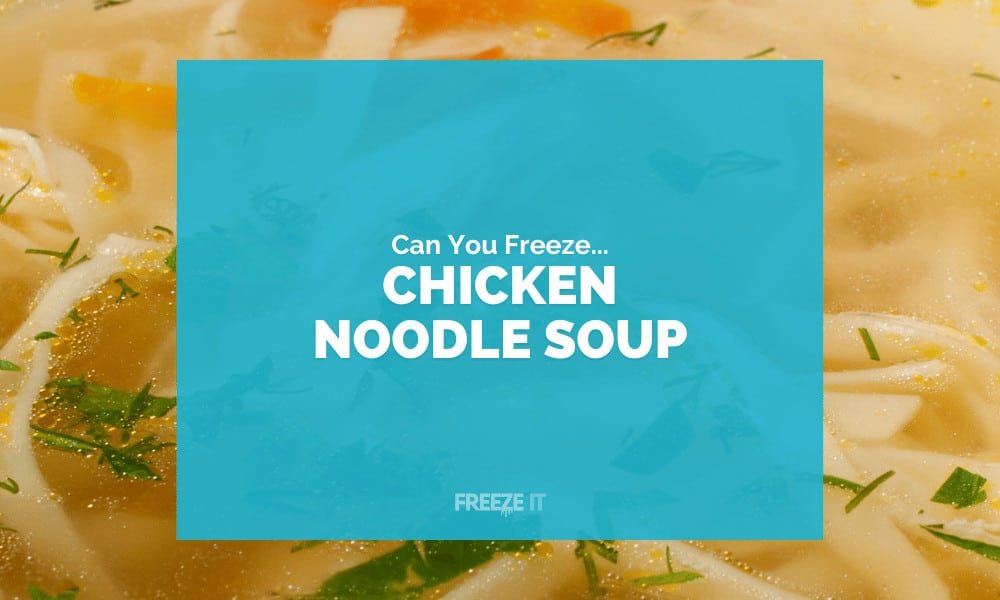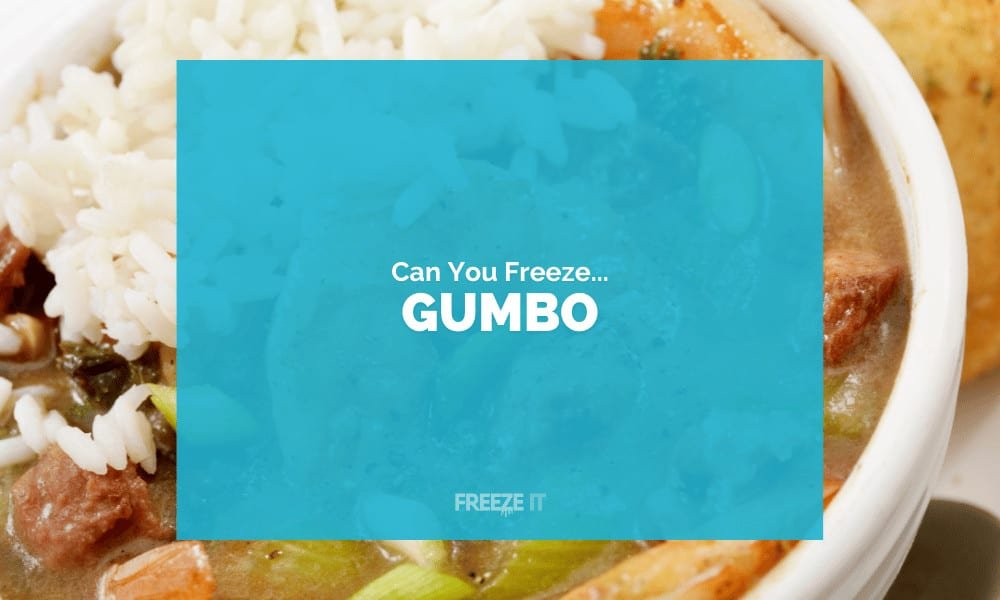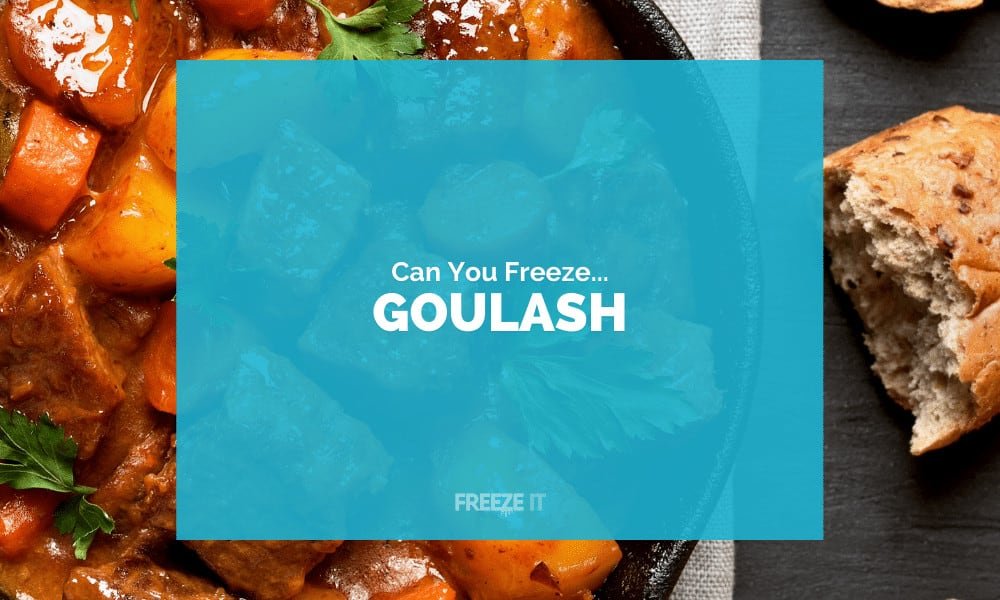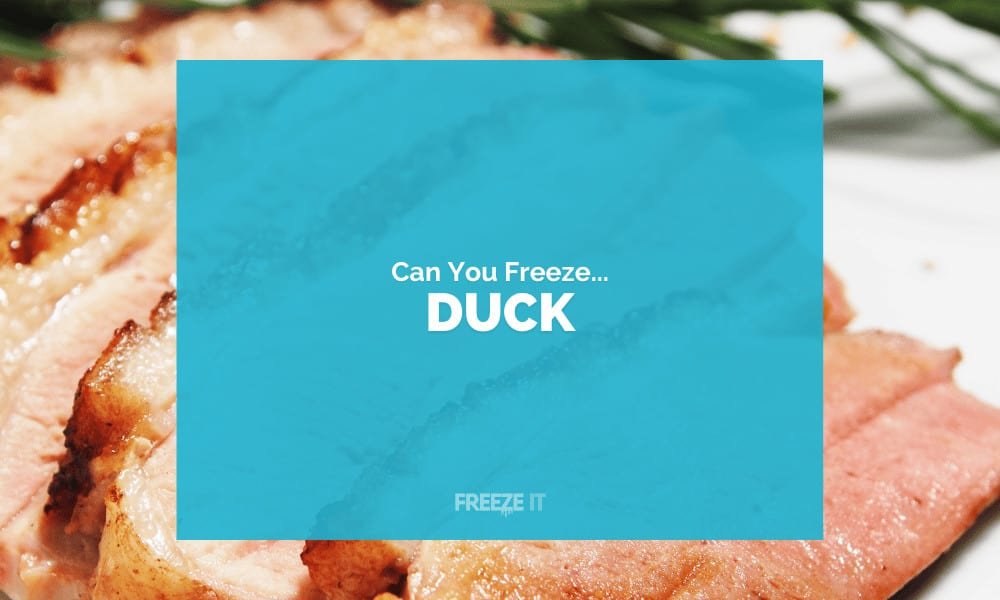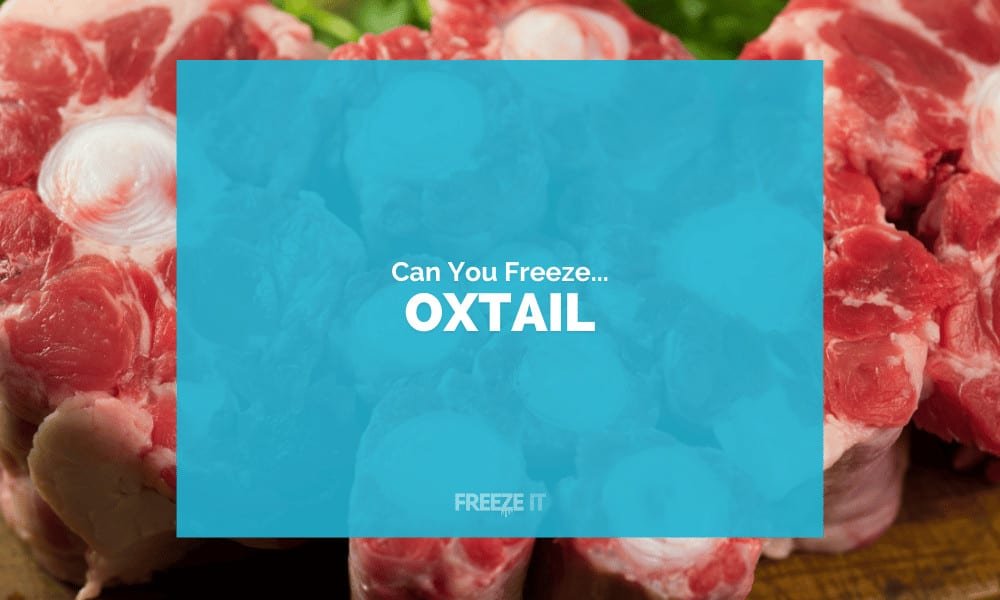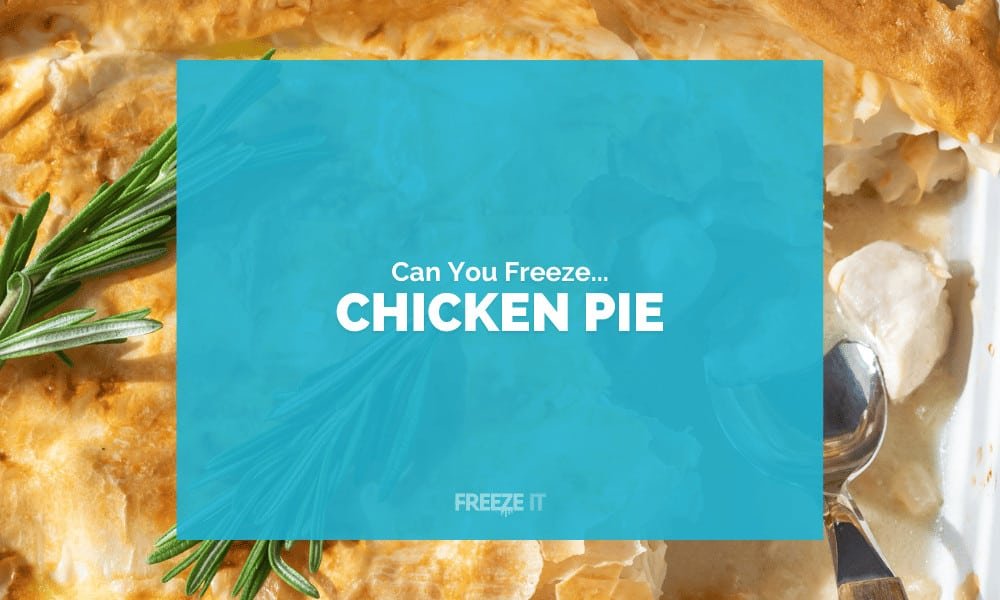Our ‘Meat’ category is a carnivore’s guide for tapping into the potential of your freezer, ensuring that your protein-packed treasures retain their quality and flavor.
Find out which cuts of meat freeze best, the ideal methods for wrapping and storing your steaks, and how to bring them back to life without drying them out.
From ground beef to gourmet cuts, poultry to pork, each post is a lesson in meat management, safeguarding your Sunday roast for future feasts. The freezer is mightier than the sword when it comes to battling food waste and dinner dilemmas; explore our meaty archives to become a freezing connoisseur.
Other Meat Products
Pork Products
Poultry Products
Prepared Meat Dishes
Processed & Cured Meats
Red Meat Products
Sausages & Similar Items
Soups, Stews & Broths
Specialty Meat & Game
All Meat Freezing Guides
Frequently Asked Questions
Frozen grapes can be a refreshing snack, but upon defrosting, they turn into soggy lumps. It's best to freeze grapes only if you plan to use them in cooking, as they won't retain their fresh texture when eaten raw after thawing.
Wrap Your Meat When Freezing
The most important thing is to avoid exposing frozen meat to outside air. While a vacuum-sealer is ideal for ensuring that meats are packaged correctly, you can get by just fine with double wrapping cuts of meat with freezer paper, plastic wrap, aluminum foil or airtight zip-loc bags.
People should keep meat frozen at a temperature of 0°F (-18°C) or below. The USDA notes that this temperature inhibits the growth of bacteria and shuts down any other microbes, such as yeasts and molds, in the food. People can use a thermometer to check whether or not their freezer will reach this temperature.
Cold Food Storage Chart
- Hamburger, ground meats and ground poultry: 3 to 4 months
- Fresh beef, veal, lamb, and pork:
- Steaks: 4 to 12 months
- Chops: 4 to 12 months
- Roasts: 4 to 12 months
In general, freezing can improve meat tenderness but may negatively impact other quality attributes. The extent to which these attributes are affected depends on the ice crystalline size and distribution, which itself is governed by the freezing rate, storage temperature, and duration.
Food that is stored in a freezer at zero degrees will be safe to eat indefinitely. However, if meat is frozen too long it may lose quality and taste. If you are unsure if meat is still fresh, you can determine this once it has been thawed.
